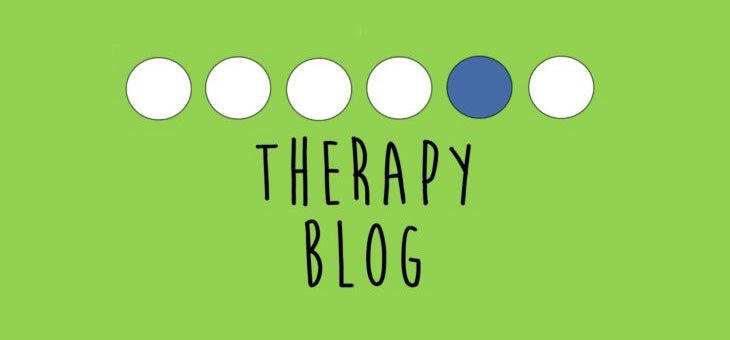Social and emotional skills develop overtime, but early experiences of play with family, caregivers and peers help influence the development of these skills. Occupational therapy uses play in treatments to promote peer to peer interactions through natural play activities.
Play is the main activity for children. It allows them to explore, be creative, socialize and learn about their bodies and environments. Generally, play is self-motivating, voluntary and pleasurable. Play may be pretend, constructive, with others or alone. The emotional benefits of play include building self-confidence and esteem and exploring emotions
Social skills are those we use everyday to communicate and interact with one another. Social skills include both verbal, and non-verbal communication such as smiling, head nods and pointing. Play helps build relationships; for example, a child can play a game with a sibling as they learn to share, take turns, connect with one another and use eye contact during communication. A child can learn to problem solve in social interactions by noticing a problem, (e.g. their peer is sad or distressed), work on solving the problem (e.g. ask their peer what’s wrong), then work together to find a solution, (e.g. do calm breathing to relax their body). A child can gain awareness of their emotions and the way others are feeling. They can practice positive coping strategies to work through difficult emotions such as disappointment or frustration. Lastly, a child can learn appropriate play from other family members or peer interactions as they model typical social and play skills.
Play can improve many skills for children. If you have any questions or concerns about your child’s play, please contact our office to discuss with an occupational therapist.
References
Benefits of play. (n.d.). Retrieved from https://voiceofplay.org/benefits-of-play/
Case-Smith, J. (2014). Systematic review of interventions to promote social and emotional development in young children with or at risk for disability. The American Journal of Occupational Therapy, 67, 395-404. https://doi.org/10.5014/ajot.2013.004713
Play and social skills. (n.d.) Retrieved from https://childdevelopment.com.au/areas-of-concern/play-andsocial-skills/
Social-emotional development and skills for Kids. (n.d.). Retrieved from https://pathways.org/topics-of- development/social-emotional/


